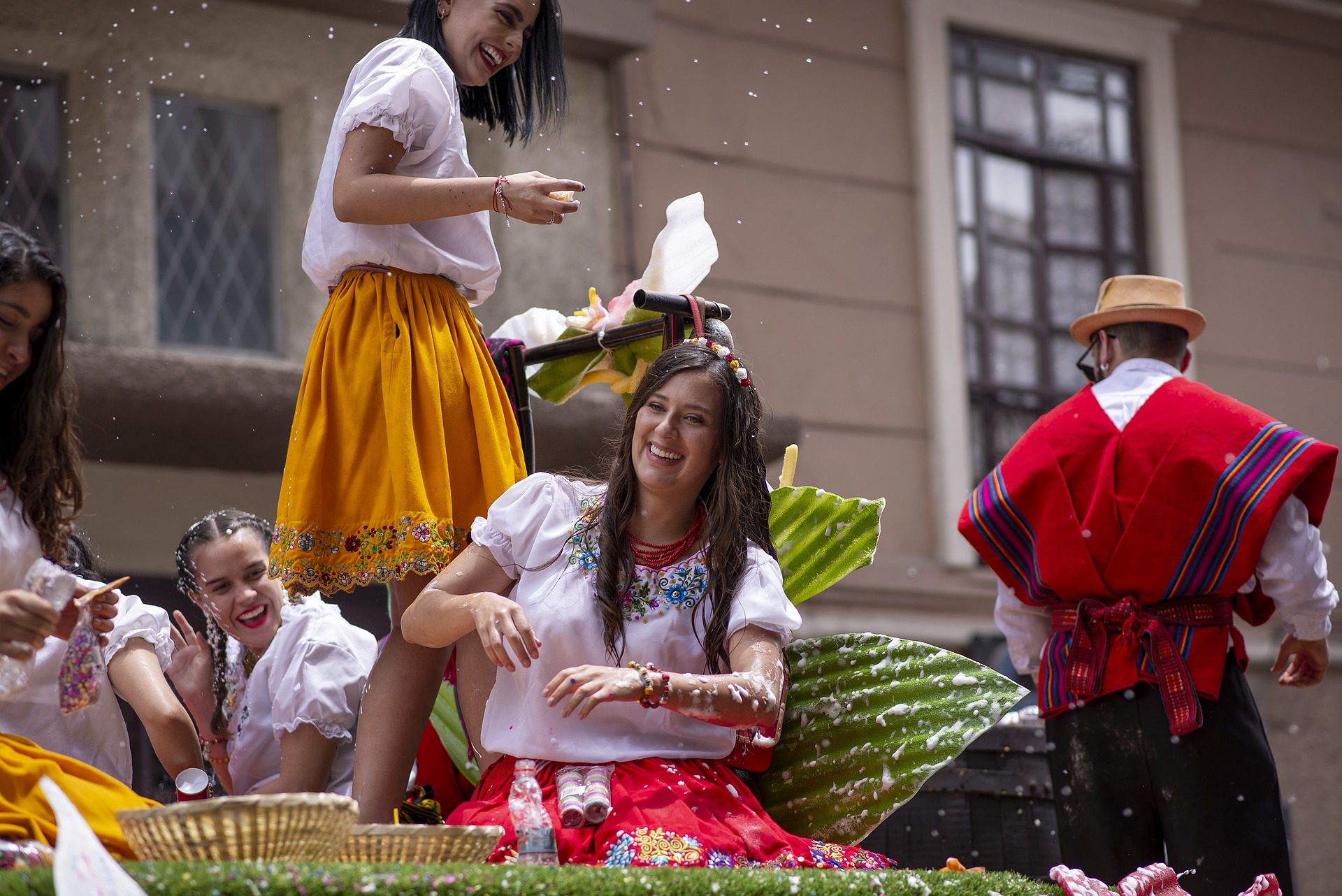The Local People’s Organizations are constructed as community-led entities, built by OPISAC and funded primarily through available grants aimed at social infrastructure, poverty alleviation, and rural development. The Local People’s Organizations serve as localized institutional bodies designed to reflect and respond to the specific needs, values, and priorities of the communities in which they operate.
While they mirror the structure and operational objectives of the Rural Development Centers established by OPISAC, the defining distinction lies in their organizational structure. The Local People’s Organizations are controlled and maintained by the community itself, operating in formal collaboration with the Local Government Unit in full compliance with the provisions set forth under the 1991 Local Government Code of the Republic of the Philippines, which enshrines the principle of local autonomy.
The 1991 legislation grants considerable authority and administrative independence to local governments, promoting decentralized governance and enabling communities to exercise self-determination in matters of local development and local resilience.
Within this legal framework, the Local People’s Organizations emerge not as subsidiaries of a central authority but as autonomous bodies that serve as institutional platforms for participatory governance and localized development execution. They operate through transparent decision-making processes in which the community has a direct stake, with oversight mechanisms aligned with local cultural, historical, and societal norms.
These organizations house local members of the Social Support Services teams, who act as operational liaisons between the community and broader national or international networks of OPISAC. Their presence ensures that each community retains an enforceable voice in higher-level planning and development forums.
By providing regular reporting, strategic recommendations, and community impact assessments, these team members reinforce accountability and elevate the local perspective to national and international policy tables. They function as custodians of local integrity, protecting the community interests while facilitating access to external resources and opportunities.
Functionally, the Local People’s Organizations fulfill multiple essential roles in much the same way as the OPISAC Rural Development Centers.
The Local People’s Organizations are temporary housing centers for formerly vulnerable or displaced individuals, providing immediate shelter and a pathway to reintegration into society. In this capacity, the facilities support physical, psychological, and emotional stabilization, often coordinating with other community services such as clinics, educational institutions, and livelihood programs.
Education and training are also central to the mission of the Local People’s Organizations. Curricula are based on alternative educational programs tailored to meet both individual abilities and aspirations and communal needs, offering technical, vocational, and literacy programs that prepare individuals for economic participation and civic engagement. These initiatives are designed to encourage civic participation and strengthen the social and economic resilience of the broader community.
Moreover, the Local People’s Organizations serve as community gathering spaces that promote dialogue, cultural preservation, conflict resolution, and collaborative decision-making. They become venues where tradition meets innovation, where ancestral knowledge can be shared alongside modern strategies for development, and where the community bonds that underpin long-term sustainability are continuously reinforced.
While these organizations do receive logistical support, technical guidance, and coordination assistance from OPISAC, they are not administered by it. The relationship between the Local People’s Organizations and OPISAC is cooperative, not hierarchical.
The role of OPISAC is to provide support without imposition, recognizing that local actors possess the most accurate understanding of their community and its circumstances. This decentralized model ensures that solutions are culturally appropriate, socially accepted, and more likely to endure over time.
In this structure, the Local People’s Organizations represent a convergence of legal autonomy, cultural identity, and functional development. Their establishment and operation reinforce the principles of localized empowerment, participatory governance, and sustainable development.
They are designed to thrive not as outposts of a centralized agenda, but as expressions of local agency rooted in place, history, and communal responsibility. Through this model, OPISAC affirms that systemic sustainability must be grounded in respect for local knowledge and reinforced by mechanisms that guarantee both independence and support for the Local People’s Organizations.

